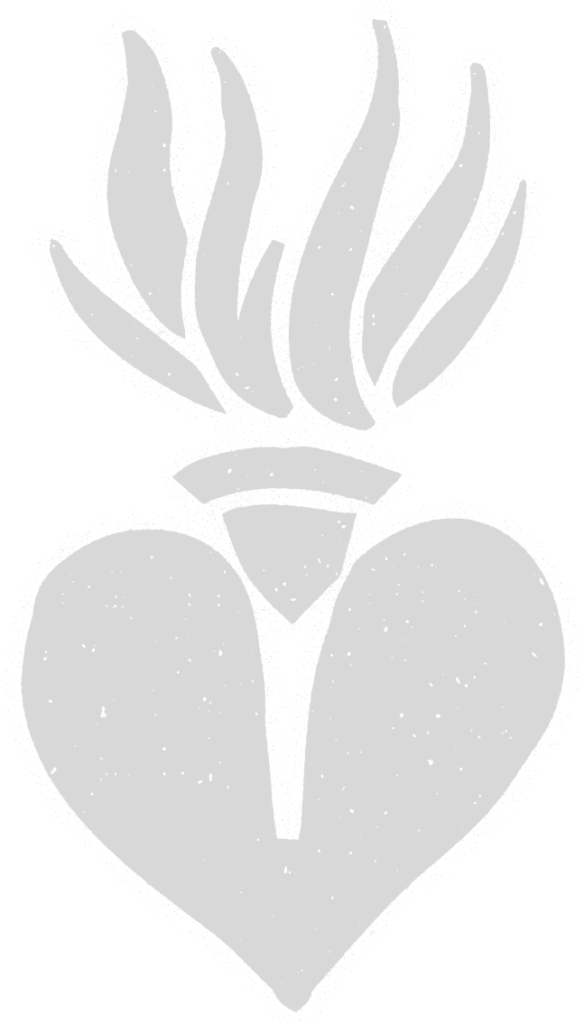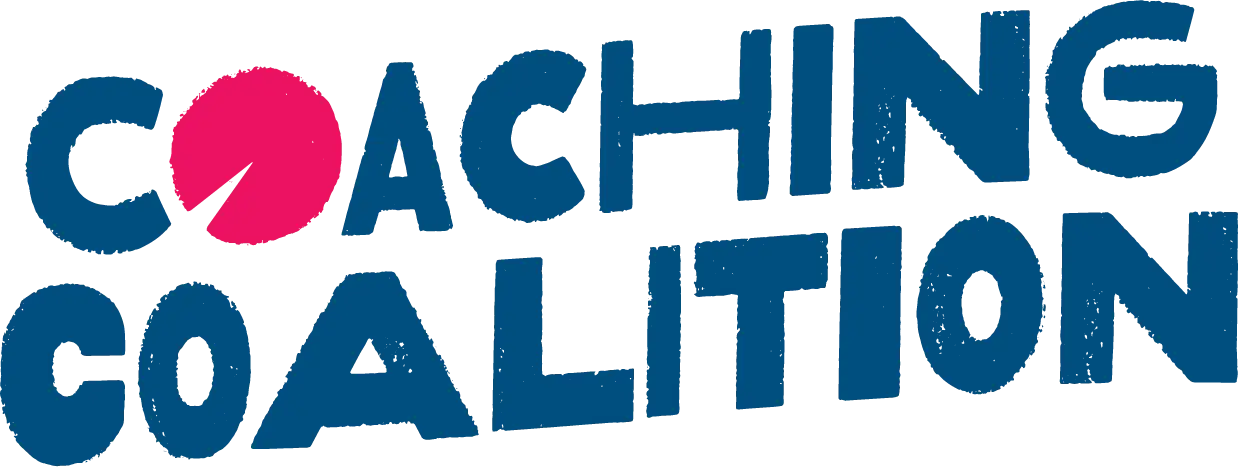
Most of us have experienced some form of trauma, whether we consciously recognize it or not. Trauma is a universal human experience. And it doesn’t matter what kind of trauma – they manifest at work, and typically in ways we can’t really anticipate. COVID-19 is an example of a global trauma.
For creative industry leaders, being able to understand and implement trauma-informed practices has a profound impact. When creative people are blocked or triggered by past traumatic experiences, they can’t always fully access their brilliance.
How does trauma show itself in the workplace? Confrontations, absenteeism, substance abuse, aggression, over-striving or the opposite – total lack of motivation. These are uber challenging to deal with. They can open companies up to risk, are disruptive, and demotivating. I’m not suggesting that leaders become therapists – but I am suggesting we need to create the conditions for human understanding, trust and safety.
Leaders who see that challenges often have roots in trauma tend to be better equipped to create conditions for great work. They understand the ingenuity within each team member and can meet them where they are.
Met with compassion, leaders can motivate from a place of understanding rather than judgment. This empowers teams to feel safe taking creative risks together. Teams will feel more confident contributing ideas without fear of confrontation or rejection. Unaddressed trauma stifles; met with compassion, the same struggles become ingredients for inspired art. Safe, trusting spaces unlock creativity and allow contributors to share their gifts.
I believe we have a collective responsibility as leaders to understand the impact we have on others, what fosters great work, and what does not.
Where to start? With ourselves!
“Real leadership starts with transforming our relationship to, and with, ourselves. The healing process begets vulnerability, which we can embody and model for others wherever we go. This circles back to our purpose—to light the way for everyone and everything to thrive.” – Kelly Campbell, author of Heal to Lead and former ad agency CEO
As a trauma survivor myself who once projected my pain onto others, I’ve learned firsthand how healing trauma facilitates creative flow professionally and personally.
“Out beyond ideas of wrongdoing and rightdoing, there is a field. I will meet you there.”
Rumi

